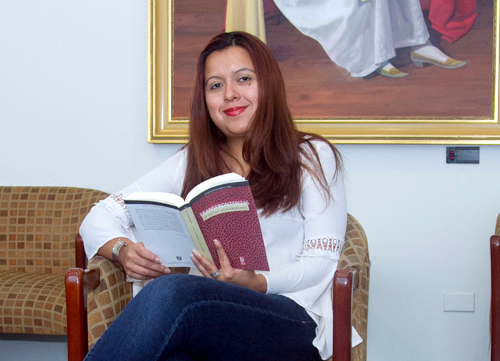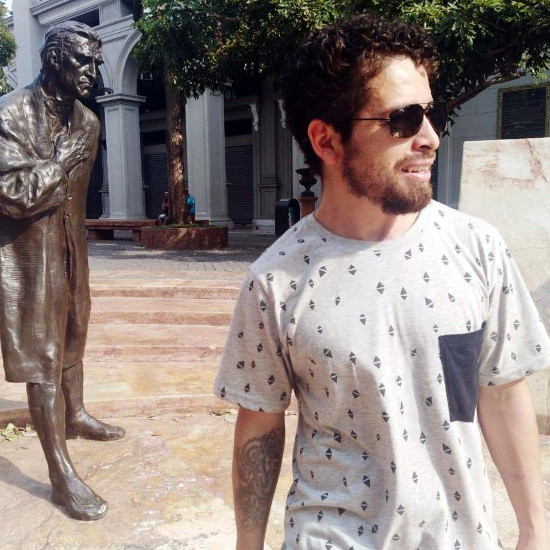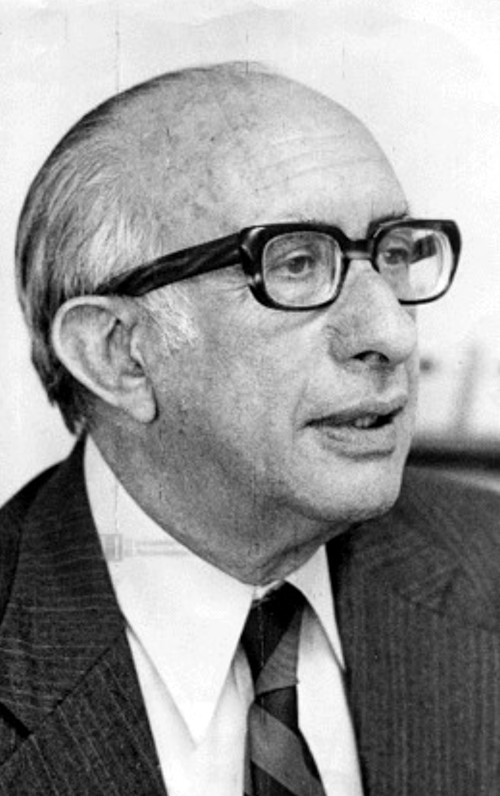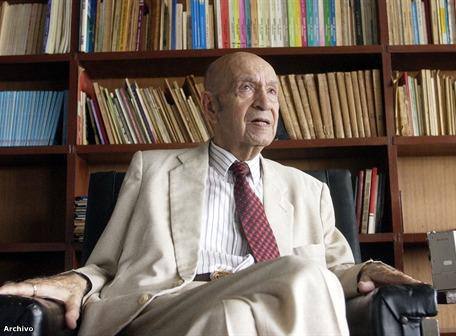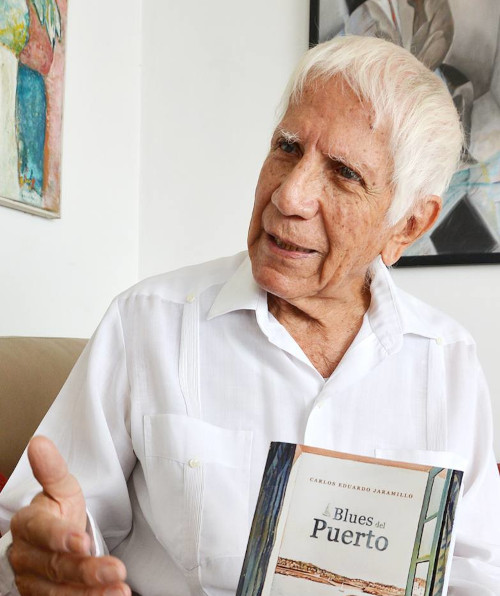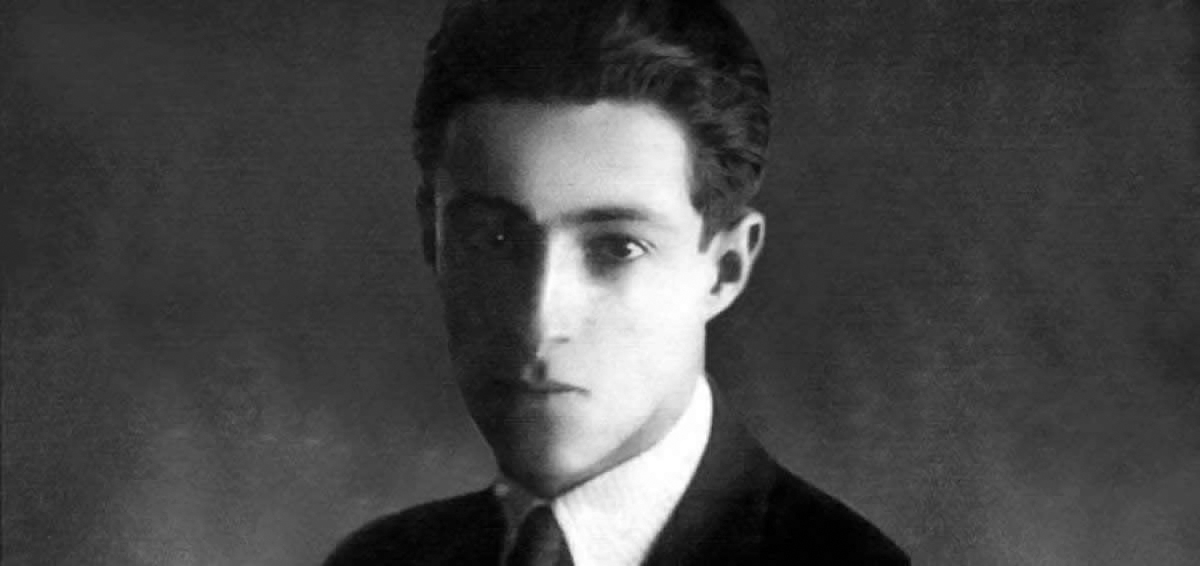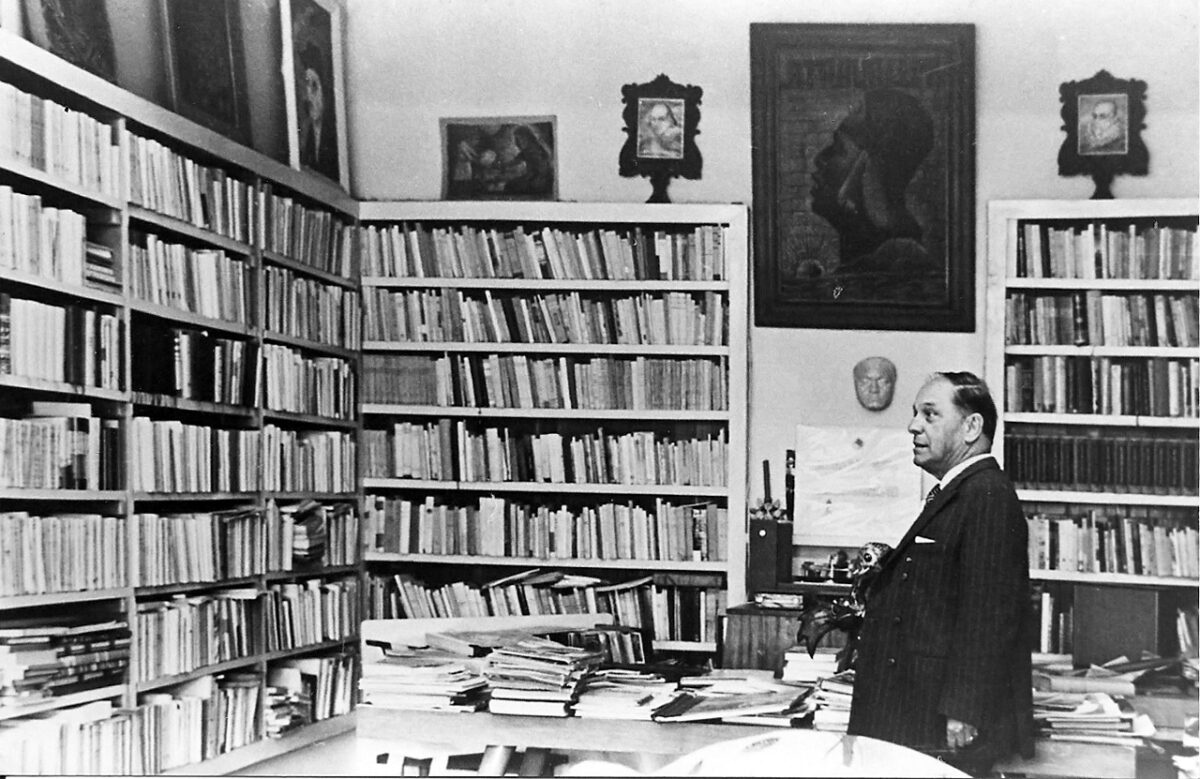Ana Minga (Loja, 1984) is an Ecuadorian journalist, poet and short story writer. She has published five books of poetry. Her book entitled “Tobacco Dogs / Perros de Tabaco” (2013) is an English translation of her poems by Alexis Levitin, published in a bilingual edition by Bitter Oleander Press. Her latest and fifth poetry collection, “La Hora del Diablo,” was released in 2018. Her works have been published in Argentina, Mexico, United States, Spain and Italy. She has lived in Quito and currently lives in Cuenca.
Continue reading “Ana Minga”Category: Writers from Loja
Edwin Augusto Paredes
Edwin Augusto Paredes Paredes is an Ecuadorian poet. He was born in Loja 1988. His poetry has appeared on blogs, online magazines and national and international anthologies. In 2019 the House of Ecuadorian Culture, Loja chapter, published his book Vacuidad. In 2018 his poetry book Génesis del polvo won the Ileana Espinel Cedeño National Poetry Prize.
Continue reading “Edwin Augusto Paredes”Alejandro Carrión Aguirre
Alejandro Carrión Aguirre (Loja, March 11, 1915 – Quito, January 4, 1992) was an Ecuadorian poet, novelist and journalist. He wrote numerous poetry books, short story books, and the novel La espina (1959). As a journalist he published many articles under the pseudonym “Juan Sin Cielo.” He was the nephew of the writer Benjamín Carrión and the naturalist Clodoveo Carrión. He was a recipient of the Maria Moors Cabot Prize (1961) from the Columbia University Graduate School of Journalism. He also was awarded the Eugenio Espejo Award (1981), Ecuador’s highest literary honor.
Continue reading “Alejandro Carrión Aguirre”Ángel Felicísimo Rojas
Ángel Felicísimo Rojas (Loja, December 20, 1909 – Guayaquil, July 20, 2003) was an Ecuadorian novelist and short story writer. His best known novel is El éxodo de Yangana (1949), which is one of Ecuador’s most important books. In 1948 Rojas published an influential book entitled The Ecuadorian Novel, which set the tone for literary criticism in the country for future decades. Rojas founded the Socialist Party of Loja in 1927. He was a passionate supporter of socialism, which led to his arrest and imprisonment by the Ecuadorian government in 1941. In 1997 Rojas was awarded the Eugenio Espejo Award in Literature.
Continue reading “Ángel Felicísimo Rojas”Carlos Eduardo Jaramillo
Carlos Eduardo Jaramillo Castillo (Loja, 1932) is an Ecuadorian poet, lawyer, and former minister judge of the Supreme Court of Justice. His major works include: “Escrito sobre la arena, 150 poemas” [Written on the sand, 150 poems] (1960), “La Trampa” [The Trap] (1964), “Maneras de vivir y de morir” [Ways to Live and Die] (1965), “La noche y los vencidos” [The Night and the Vanquished] (1967) and “Las desvelaciones de Jacob” [Jacob’s Revelations] (1970). He was on the General Board of the House of Ecuadorian Culture, representing Guayas. He was also the institution’s deputy director. He was awarded the Eugenio Espejo Prize in Literature in 2007 by the President of Ecuador.
Continue reading “Carlos Eduardo Jaramillo”Ruth Patricia Rodríguez
Ruth Patricia Rodríguez Serrano (Loja, 1966) is an Ecuadorian writer and professor at the Universidad San Francisco de Quito. Known for her work across various genres including poetry, short stories, and novels, she has won prestigious national literary awards such as the Círculo de Lectores and the Pablo Palacio Prize. Rodríguez has also represented Ecuador internationally, notably at the World Assembly of Young Artists for Peace in Bulgaria. Her critically acclaimed works include “Putas de Cristal” (2010) and “Clepsidra. Todos fuimos margaritas” (2020), which features both a novel and a short story collection.
Continue reading “Ruth Patricia Rodríguez”Pablo Palacio
Pablo Arturo Palacio Suárez (Loja, January 25, 1906 – Guayaquil, January 7, 1947) was an Ecuadorian writer, lawyer, and early figure of the avant-garde literary movement in Latin America. Known for his daring, unconventional works that broke from Ecuador’s prevailing social realism, Palacio explored themes of alienation, mental illness, and societal hypocrisy. His short story Un hombre muerto a puntapiés, published in a 1927 collection of the same name, shocked readers with its portrayal of a brutal, senseless murder and implicit references to homosexuality—a first in Ecuadorian literature. In the novella Débora (1927), he delves into complex psychological states, creating one of Latin American literature’s early anti-romantic narratives. Though his career was brief, ending in severe mental illness that led to his premature death at 40, he is regarded by critics today as a foundational figure whose works anticipated elements of surrealism and modernist experimentation in Latin American literature.
Continue reading “Pablo Palacio”Benjamín Carrión
Benjamín Carrión Mora (Loja, April 20, 1897 – Quito, March 8, 1979) was one of the great Latin American intellectuals of the 20th century. He was a lawyer, writer, novelist, poet, essayist, biographer, literary critic, legislator, diplomat, educator and cultural promoter. His most notable literary work is Atahualpa (1934), a biography written in story form about the last Inca emperor, which has been translated into English and French. In 1944 Carrión founded the House of Ecuadorian Culture, which preserves and promotes many aspects of Ecuador’s culture, including music, dance, art, literature, theater and film. Considered Carrión’s greatest achievement and legacy, this organization maintains several museums, libraries and performance venues throughout Ecuador, as well as a printing press which has been instrumental in publishing many noteworthy Ecuadorian authors.
Continue reading “Benjamín Carrión”
